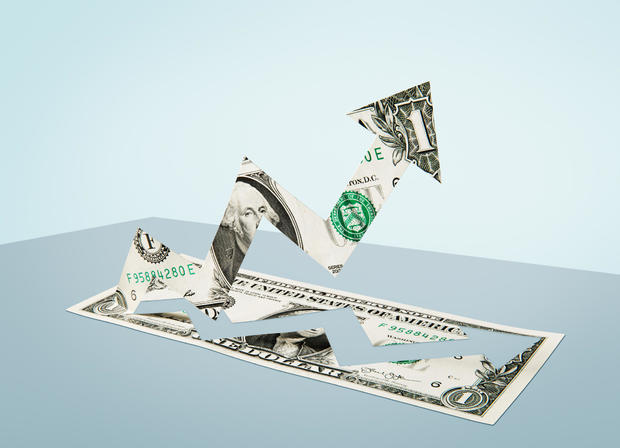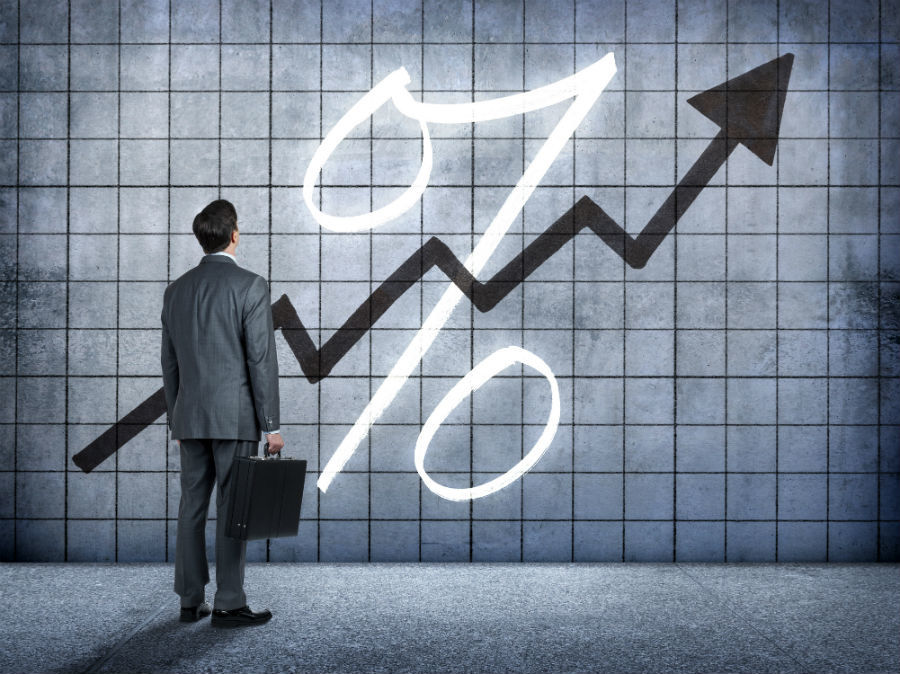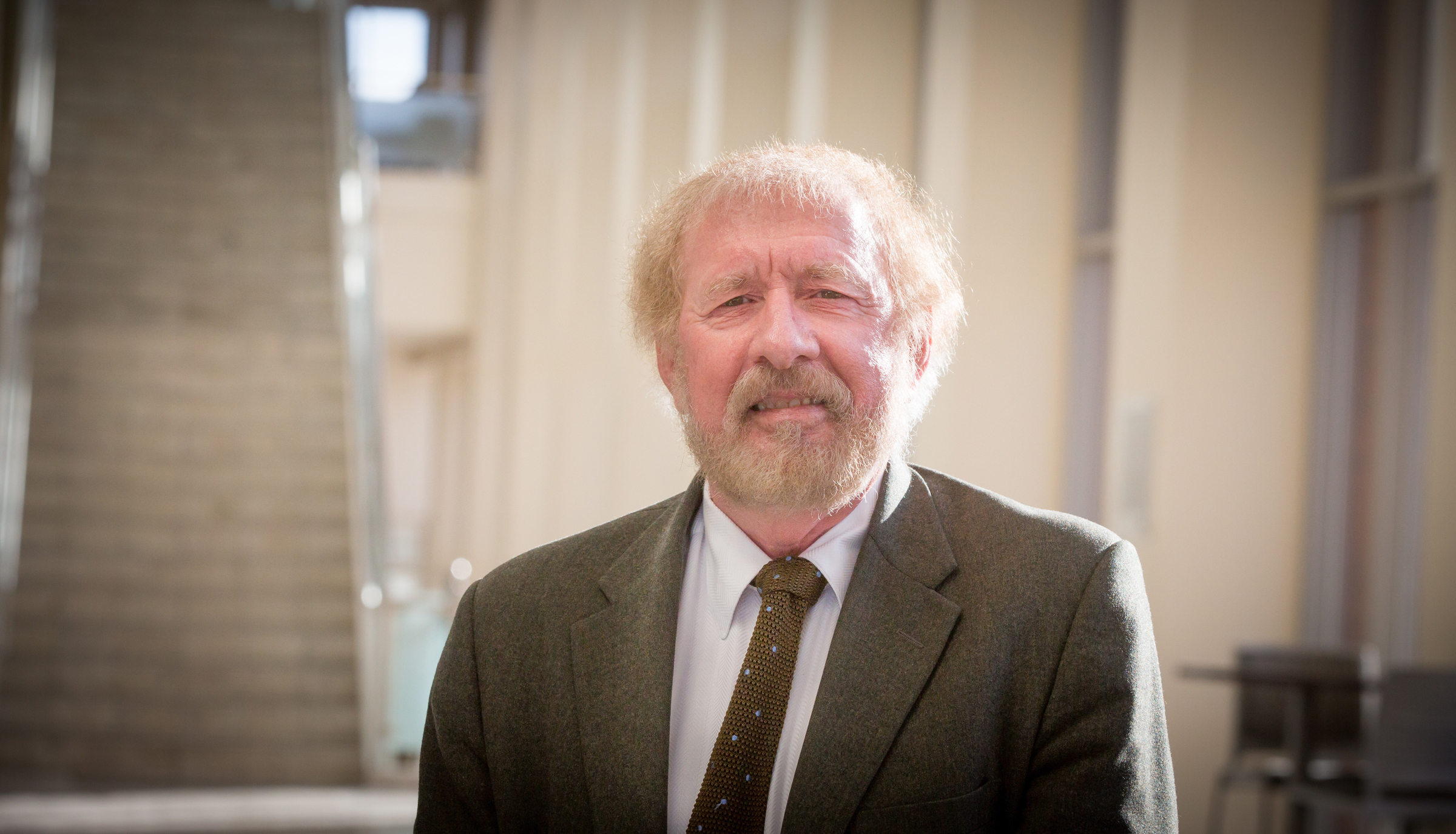Ernie Goss | Source | Professor and Jack A. MacAllister Chair in Regional Economics at Creighton Un...

Ernie Goss
Dr. Ernie Goss is a prominent professor and economist, whose specialty is making economics understandable and relatable—not just to students, business executives, community leaders and policy makers—but to people from all walks of life. Dr. Goss is the director of the Institute for Economic Inquiry and a professor of economics at Creighton University Heider College of Business where he holds the Jack A. MacAllister Chair in Regional Economics. He is also director of The Goss Institute for Economic Research in Denver, Colorado, a bipartisan think tank conducting business and economic research and providing innovative, practical recommendations that affect change and public policy. As a professor, Dr. Goss brings the economy into focus for students with case studies pulled from his own files to show how real-life situations match up with the economic theories found in their textbooks. Able to simplify complex economic issues, Professor Goss offers students tangible knowledge and relevant insights they can use to predict and shape public policy debates and economic outcomes throughout their careers—and lives. As an economist, Dr. Goss is a highly respected, nationally-known expert on the mid-American economy who can articulate how regional economic situations can impact the nation or the world – and vice versa. He is a trusted voice who is often tapped by government and business leaders, economists and the press to shed light on economic issues and trends in terms the average person can understand. He is often a leader in public policy debates, both regionally and nationally.
-

Creighton University (https://business.creighton.edu/)
Professor and Jack A. MacAllister Chair in Regional Economics -
Heider College of Business, Creighton University
-
The Fed has slowed its rate hikes. What does that mean for you?
The Federal Reserve Open Market Committee (OMC) concluded its latest meeting by raising its federal funds rate by another 0.25%. It was the eighth straight
Article -
Why The US Economy Cannot Afford Another Supply Chain Shock
The economy has gotten a bad taste of supply chain disruptions caused by the end of the pandemic lockdowns and cannot afford another one that a rail strike would cause.
Article
-
"Apparently, Government Supported Enterprises (GSEs), Freddie Mac and Fannie Mae, learned nothing from their mortgage-backed loan failures in 2008-11 which inflicted U.S. taxpayers with total combined losses of $266 and required a $187.5 billion bailout from the U.S. Treasury. Now, according to the Wallstreet Journal Editorial Board, Freddie Mac wants to guarantee second mortgages on homes on which owners have ultra-low first mortgage interest rates, lots of home equity and wish to tap into this equity to pay off current high-interest auto and credit card balances. That is, in addition to $7.5 trillion of taxpayer backing at risk the GSEs wants to get back into your wallet. A reduction in equity would once again subject the taxpayer to massive losses from a downturn in home prices and climbing interest rates. The GSEs can implement the plan within 60 days unless the FHFA (Federal Housing Finance Authority) vetoes it. There is the temptation to see politics behind this move since it would significantly boost consumer spending as the second mortgage refinancing finds its way onto the street. Not bad for incumbent politicians running for office this November."
-
“Consumers will be more mindful about their holiday purchases this year. Higher interest rates and inflation will have a negative impact on consumers who will pull back due to higher prices. Some consumers expect a decline in prices. There will not be a decline in prices, even though the inflation rate is coming down. This is due to disinflation. Government overspending is also putting pressure on the Federal Reserve to increase interest rates. This isn't going to be a bad holiday retail season, it's just not going to be a great season. I expect 3.5-4% growth, which is about in line with inflation. If you factor inflation, we'll only see small growth over last year."
-
Economic impact of SCOTUS ruling on student loan forgiveness, June 30, 2023:
"That's going to take a big chunk out of spending by these individuals who've taken out these loans. That will slow the economy down. It slows down consumption. And it will slow down the economy. There are some economic reasons why you might wish to see the loans forgiven, at least in the short and intermediate term. But in my judgement that's a heavy price to pay just because we'd put $400-$500 billion in the hands of consumers."




